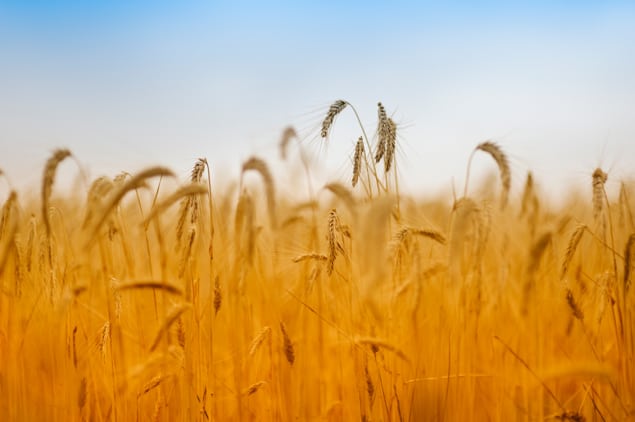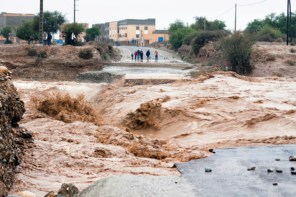
Be it drought, severe storms, an early spring, wildfires or flooding, farmers are on the front line when it comes to climate change. You’d think they and the people who advise them might be the first to worry about global warming and look for ways to mitigate losses from climate change. But it isn’t this straightforward.
People working in agriculture often don’t link weather extremes and crop losses to climate change, according to recent studies. But the findings also show that farm advisers acknowledge weather variability and are open to adapting farming practices, particularly if they can see the economic and environmental benefits.
“Weather variability perceptions, not climate-change belief, have the strongest correlation to predicting farm advisors’ perceptions of future farmer needs,” says Meredith Niles from the University of Vermont, US. “In short, language matters and how we talk about these issues is important to consider.”
Nile and colleagues analysed historical crop loss data across the US and compared it with surveys of farm advisors carried out by the University of Vermont and the US Department of Agriculture. The team was keen to see if there was a relationship between climate-related crop losses and perceptions of climate change.
Advisors who worked directly with farms on disaster and crop loss issues were often less likely to believe in anthropogenic climate change, they found. However, they were more likely to link crop losses with perceived greater variability in the weather. And it was this perceived weather variability, not climate change, that tended to drive the desire to implement adaptations and plan for the future.
Writing in Environmental Research Letters (ERL), Niles and colleagues suggest that farmers and their advisors are more likely to be influenced by weather variability because it is more observable and less politicized than climate change, and experienced at a personal level.
Another study that surveyed beef and grain producers in Alberta, Canada, showed that farmers were rapidly adopting agricultural practices that had climate mitigation benefits, but not because they believed in anthropogenic climate change. Instead the questions revealed that farmers embraced adaptations because of the expected economic benefits, the anticipated improvements in soil quality and improvements in biodiversity.
“Agreement with the science of climate change is not a necessary pre-requisite for supporting mitigation strategies,” write Debra Davidson of the University of Alberta and colleagues in ERL.
The take-home message from both studies seems to be that farmers might not believe in anthropogenic climate change but are astute observers of the weather and pragmatic about the need to adapt and look to the future.



